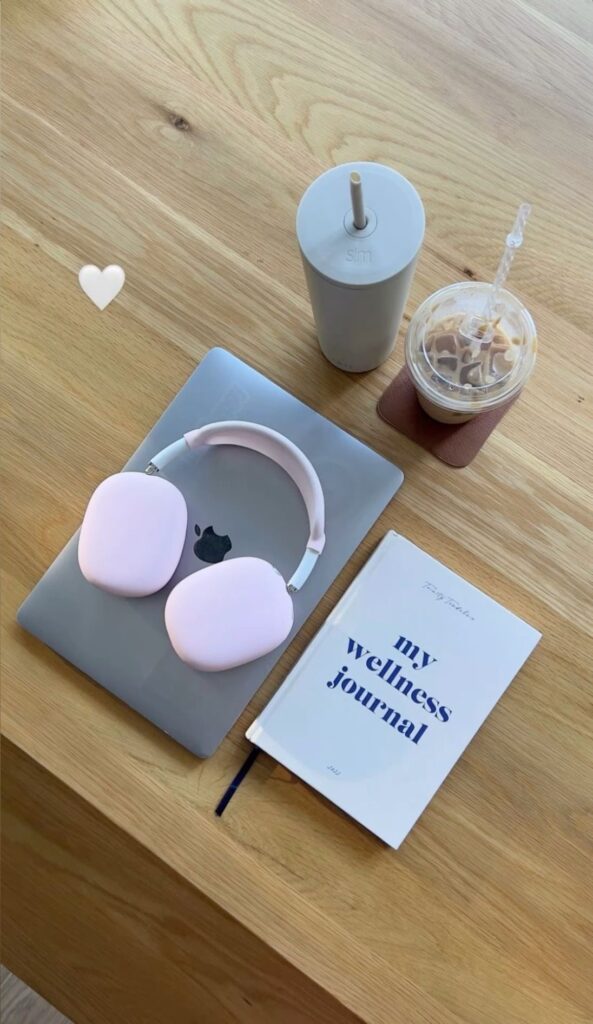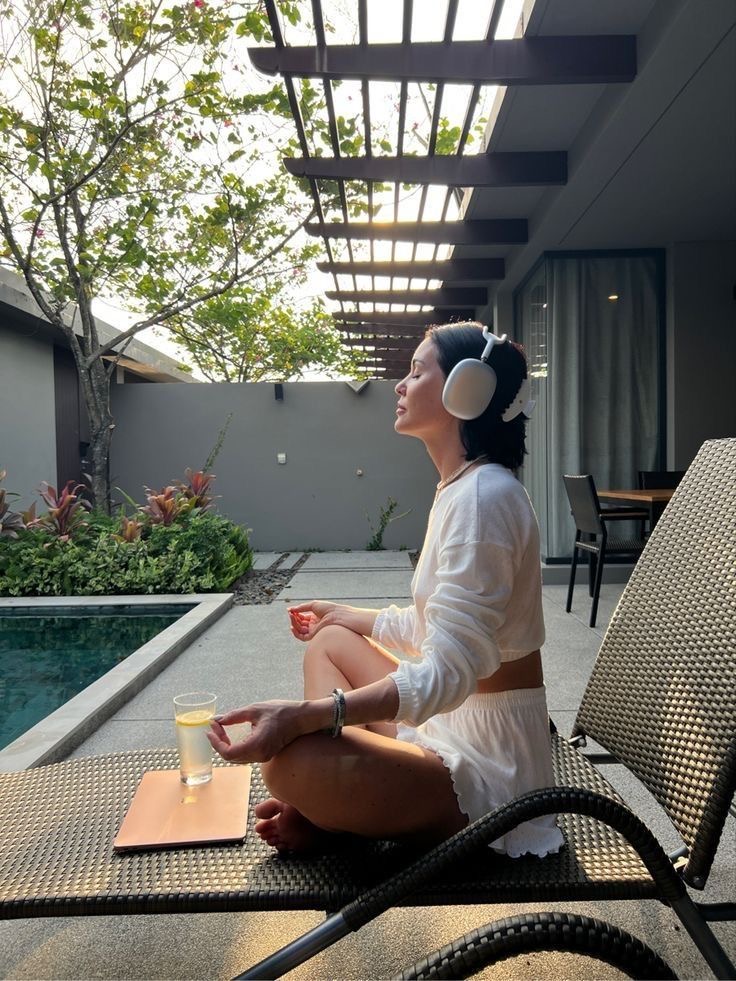In today’s fast-paced world, achieving wellness and practicing self-care are more important than ever. Prioritizing these aspects of life can lead to improved mental health, enhanced productivity, and overall happiness. This comprehensive guide will walk you through essential self-care practices and wellness tips to help you lead a more balanced and fulfilling life.
Understanding Wellness and Self-Care
What is Wellness?
Wellness is a holistic concept encompassing physical, mental, emotional, and social well-being. It’s not just about being free from illness but thriving in all areas of life. Wellness involves making conscious choices toward a healthy and fulfilling existence.
What is Self-Care?
Self-care refers to activities and practices we engage in regularly to reduce stress and maintain and enhance our short- and long-term health and well-being. It’s about being kind to yourself and ensuring your own needs are met.
The Importance of Wellness and Self-Care
Mental Health Benefits
Regular self-care and wellness practices can significantly reduce stress, anxiety, and depression. Activities like meditation, journaling, and spending time in nature can enhance mental clarity and emotional stability.
Physical Health Benefits
Engaging in regular physical activity, eating a balanced diet, and getting enough sleep are crucial for maintaining physical health. These practices help prevent chronic diseases, boost the immune system, and increase energy levels.
Social Benefits
Strong social connections are a vital part of wellness. Building and maintaining healthy relationships provide support, increase feelings of belonging, and improve overall happiness.
Top Self-Care Practices
1. Mindfulness and Meditation
Practicing mindfulness and meditation helps you stay present and reduces stress. Set aside at least 10-15 minutes daily for meditation or mindfulness exercises. Apps like Headspace or Calm can guide beginners through the process.


2. Regular Exercise
Physical activity is essential for both physical and mental well-being. Aim for at least 30 minutes of moderate exercise, such as walking, jogging, or yoga, most days of the week. Find an activity you enjoy to make it a regular part of your routine.


3. Healthy Eating
A balanced diet rich in fruits, vegetables, lean proteins, and whole grains is crucial for wellness. Avoid processed foods and excessive sugar. Hydration is equally important, so drink plenty of water throughout the day.


4. Adequate Sleep
Quality sleep is vital for overall health. Aim for 7-9 hours of sleep per night. Establish a relaxing bedtime routine, keep your sleep environment comfortable, and avoid screens before bed.

5. Journaling
Journaling can help you process emotions and reflect on your day. Writing about your thoughts and feelings can provide clarity and reduce stress. Try to journal for at least 10 minutes daily.


6. Digital Detox
Taking regular breaks from screens and digital devices can significantly reduce stress and improve mental clarity. Designate specific times for digital detox, such as an hour before bed or during meals.


7. Social Connections
Maintaining strong social ties is crucial for emotional health. Make time for family and friends, engage in social activities, and seek support when needed. Building a strong support network enhances your sense of belonging and well-being.

Integrating Self-Care into Daily Life
Set Realistic Goals
Start with small, manageable changes to your routine. Setting realistic goals helps build lasting habits without overwhelming yourself.
Create a Routine
Incorporate self-care practices into your daily schedule. Consistency is key to reaping the long-term benefits of self-care and wellness activities.
Listen to Your Body
Pay attention to your body’s signals and adjust your self-care practices accordingly. If you’re feeling tired, allow yourself to rest. If you’re feeling energetic, engage in physical activity.
Seek Professional Help When Needed
There’s no shame in seeking professional help. Therapists, coaches, and medical professionals can provide valuable guidance and support on your wellness journey.
Conclusion
Wellness and self-care are essential components of a balanced and fulfilling life. By incorporating mindfulness, regular exercise, healthy eating, adequate sleep, journaling, digital detox, and strong social connections into your routine, you can enhance your overall well-being. Remember to set realistic goals, create a routine, listen to your body, and seek professional help when needed. Start prioritizing self-care today and enjoy a healthier, happier tomorrow.
By focusing on these aspects of wellness and self-care, you’ll not only improve your quality of life but also inspire those around you to do the same. Here’s to a healthier, more balanced you!
Love Y’all,






